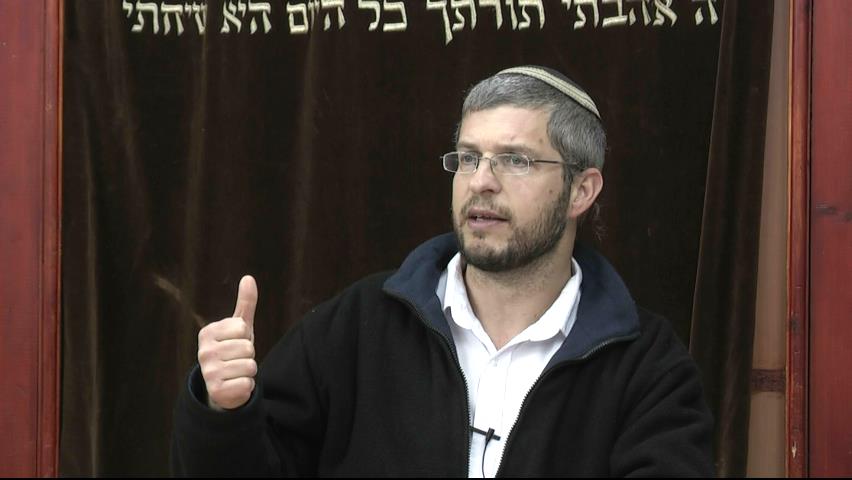- Torah Portion and Tanach
- Vayera
467
It is in this Parsha that Avraham really "feels his oats." In both the physical & spiritual realms, he makes his mark as the "Founding Father" of Am Yisrael. But strangely, there seems to be not one, but two Avrahams at work here.
Think about the following examples for a moment:
- The Parsha begins by Avraham showing great hospitality to three perfect strangers; he enthusiastically welcomes them to his tent & waits on them hand & foot (literally - he even washes their feet!), feeding them a sumptuous meal (tongue with mustard was the main course, according to some commentators!). Yet later on, Avraham gives in to Sara & he banishes his own son, Yishmael, & Hagar, from his tent.
- Avraham showed immense strength in last week’s Sedra, single-handedly defeating 4 kings & their armies; what a great warrior he must have been! Yet, in our Sedra, Avimelech of G’rar takes Sara hostage, & Avraham doesn’t lift a finger to save her! It is only Hashem’s intervention that saves Sara from being raped & ravaged.
- Avraham pleads forcefully on behalf of the evil city of S’dom in a vain attempt to alter G-d’s decree & save it from destruction. Yet when Hashem tells Avraham to bring his son Yitzchak as an offering, Avraham meekly submits, with nary a word of protest, even though he will now be guilty of committing the heinous sin of child sacrifice, a sin against which he determinedly fought.
What is going on here?
I suggest there are indeed "two" Avrahams; the Private & the Public. The private Avraham – even in situations where he feels he is being personally wronged – humbly submits to the will of Hashem, the advice of his wife, or the powers that be. But when Avraham represents the nation, when he believes some cosmic or communal sin affecting others is being committed, he rises up like a lion to defend the cause & to try to save the day. In those instances, he is acting as "Av Hamon Goyim" – the father of ALL peoples – as his name implies.
At Ari’s shloshim, his cousin Michael explained why Ari’s name, which means "lion," was so fitting for him. "A lion," he said, "is actually a very calm animal. He generally stays in a corner, content to ‘do his own thing’ & leave others alone. But the moment he senses that his family is in danger, he roars forward with a strength like no other.
That was exactly Ari: Quiet, shy, modest in his personal life, he did not project the image of a hero. But when the nation was under attack, he rose up to bravely to defend it with a mighty strength. He left a lasting legacy that his forebears would be proud of; he was, indeed, a worthy descendant of Avraham Avinu.

Parashat Hashavua: Why Have the Attribute of Mercy, Judgment, and Again Mercy?
Rabbi Yossef Carmel | Cheshvan 5785

The Second “Lech Lecha”
Parashat Vayera
Rabbi Zev Leff | 5763

She Who Laughs Last
Rabbi Stewart Weiss | Cheshvan 19 5780

Praying for a Rainy Day when Traveling to or from Eretz Yisroel in November
Rabbi Yirmiyohu Kaganoff | Cheshvan 10 5778

Forgetting a Day of Sefirat Ha'Omer
Rabbi Yosef Tzvi Rimon | 5778

Historical View of Rav Mordechai Yaakov Breish (Chelkat Yaakov)
Various Rabbis | 5775

The Musaf of Rosh HaShanah
Rabbi Yirmiyohu Kaganoff | Elul 5768









